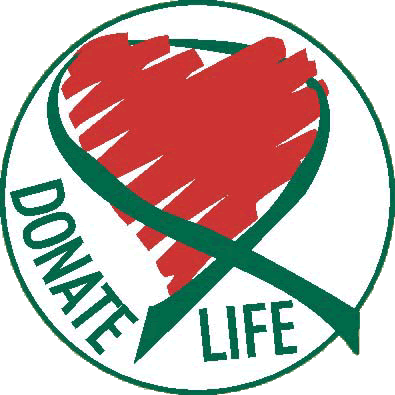
19 Jul More On Tissue Body Donation
This week, National Public Radio (NPR) featured tissue donation through a four-part series. In addition to researching whether body donation is the right decision for you or your loved one, it’s important to understand the donation procedure when a death occurs and how it relates to the cremation process.
Transplant or medical research donation
Immediately after death, there is an opportunity for transplant donation involving organs and tissue being transplanted directly into a person. Medical research donation can be done soon, but not necessarily immediately, after death and the deceased’s remains are then used for education and research. Typical uses include research around a specific disease such as Alzheimers, diabetes, or asthma; drug therapy; orthopedic education; surgical device development and new surgical procedures.
Can you do both? Potentially, yes. There are several medical factors that determine if both can be done. The recommended approach if you wish to do both is to register for both transplant and donation. First, make sure you have stated (on your driver’s license or in writing) you want to be an organ donor. Then select and register with a whole body donation program. The number one priority will be transplant opportunities, followed by medical research donation.
You will likely still need a funeral home
Except for medical schools, the way most national medical research related organizations work is to have a local funeral home work directly with the family on the required paperwork for that specific area as well as initially preparing the body. Organizations typically have preferred funeral homes they can recommend or will contact on your behalf. The funeral home is typically the main contact for the family as well as being responsible for caring for your loved one until they are transferred to the research facility. Having the ability to choose and specify who you want to serve your family is important.
When will the remains be returned
If it is important to your family to have your loved one’s remains returned in a reasonable amount of time – either for personal closure or to have a formal burial – definitely do your research. For instance, aCremation works with organizations that return the cremated remains within four to six weeks while most medical schools have the option of keeping the deceased for years.
The financial benefit
When you choose whole body donation, there can be a monetary benefit to families. Typically, if the deceased is accepted by the donation organization, the costs of cremation (including the transportation and returning of the remains) are fully covered by the organization. So the only cost the family pays is the cost of the death certificate(s). For families who are facing an unexpected death, this can make a huge difference. Not only is their loved one helping others through medical research, but they are eliminating any financial hardships that may be placed upon the family.
The criteria at aCremation
- The company should be a non-profit, and accredited. Accreditation ensures they meet specific research criteria and are regularly inspected.
- All costs for transportation and cremation are covered by the organization.
- Amount of time before remains are returned.
- Professionalism and recognition in the industry.
Yes, it’s personal
I don’t work for a tissue bank, nor do I make any money from it, but I absolutely advocate it. If they qualify, my father, two uncles and aunt will make tissue donations. Two of them have already registered. Their reason? They all believe that after death, their body should be used in any way possible to help others. As long as there is even a chance it could help someone, they want to participate. Or as my father says, “Why wouldn’t I donate? I’m not using it anymore.”

